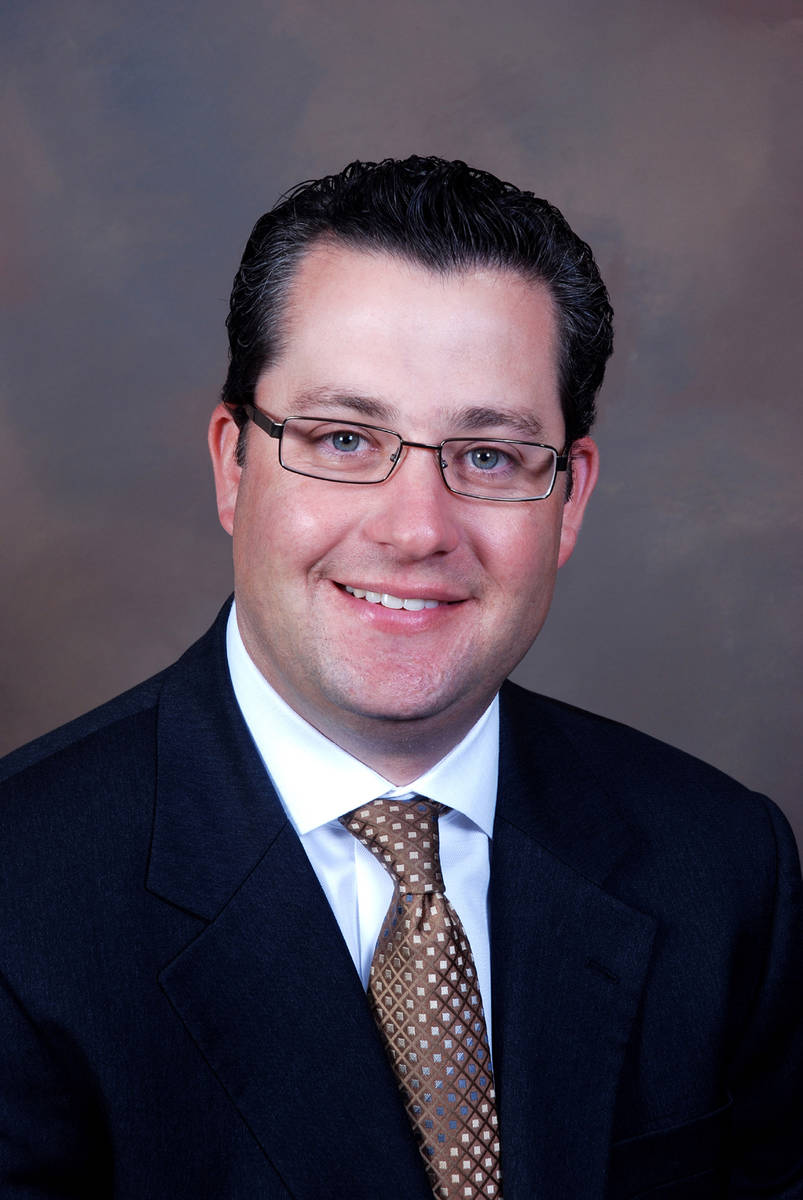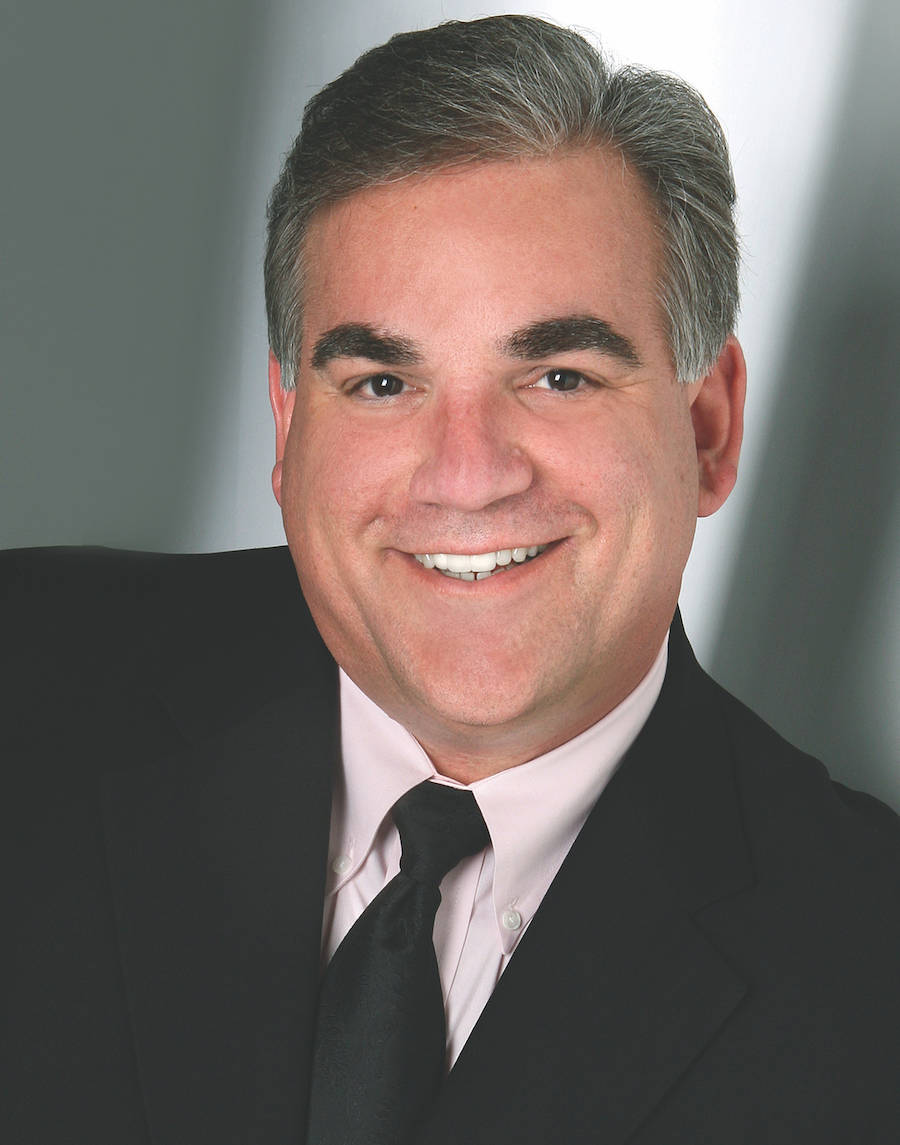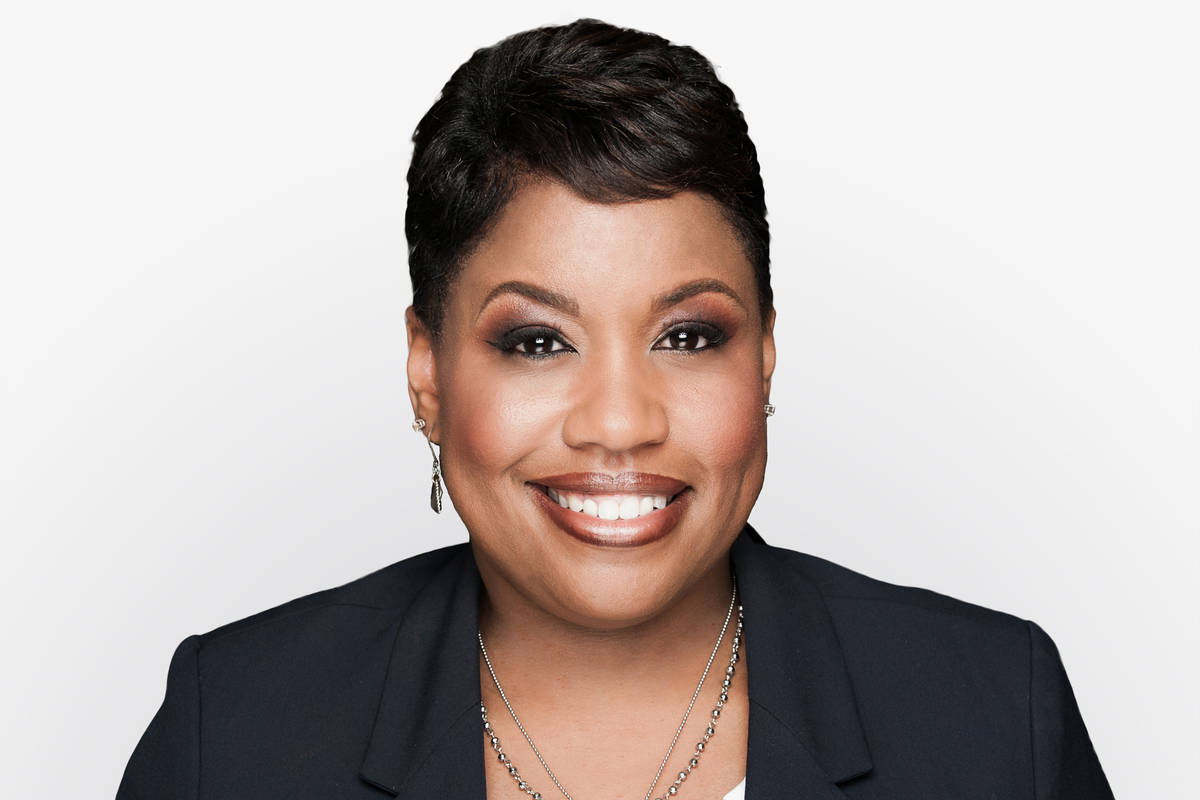New home sales dipped sharply during the week Nevada shut down all of its casinos and nonessential businesses, but nearly 200 sales took place, and prospective buyers continued to keep appointments to tour model homes of builders.
Home Builders Research tracked the numbers from March 16-22 that showed 182 net sales — sales minus cancellations. Gov. Steve Sisolak on March 17 announced the closure of all casinos and nonessential businesses to go into effect the following day.
The 182 is down 78 from 260 net sales through March 15; 329 the week ending March 8; and 322 ending March 1, according to Las Vegas-based Home Builders Research.
“Given where we are at, I’m OK with that right now,” said Nat Hodgson, CEO of the Southern Nevada Home Builders Association. “The next two weeks will be crucial. I understand what reality is, but I’m optimistic and just trying to look at the good. It’s tough out there, but we’re not at zero, and we don’t have more cancellations than sales.”
Home Builders Research President Andrew Smith said he was surprised sales were that high last week. What wasn’t a surprise was the cancellation rate, which was almost doubled.
Last week, the cancellation rate was 24 percent with 57 cancellations in total, Smith said. The week ending March 15, it was 14 percent for 41 cancellations. For the week ending March 8, there were 28 cancellations for an 8 percent rate.
“It was quite a bit higher than it has been, and that’s what I’m expecting to see happen with some more cancellations than normal in the next couple of weeks,” Smith said. “But builders were pleasantly surprised with the numbers and trying to take the positive out of that.”
The traffic count through model home communities for the week ending March 22 fell to fewer than 1,400. It was 3,900 ending March 15, 4,500 ending March 8 and surpassing 5,000 previously.
“I would expect the traffic numbers to be even lower for the next couple of weeks,” Smith said. “They are by appointment only. Builders are also expecting people to go online and do virtual tours.”
Smith said the number of sales over the next couple of weeks will paint a clearer picture of where the market is.
On Wednesday, the Mortgage Bankers Association reported that mortgage applications plunged 29.4 percent last week, signaling what is ahead.
“Maybe some of the sales we saw this week were already in process before things shut down,” Smith said. “I wouldn’t be surprised if sales took another hit.”
Though the numbers were down last week, Smith said that isn’t considered a bad week when compared with some parts of the year. It’s not good for March, but it’s more comparable to late fall or early winter week.
Smith said the new home market has been trending toward building more lower-priced homes, and he wouldn’t be surprised if the percentage shifts more toward the higher end for buyers who are in a better position financially and more secure.
As for the sales that took place during the week that ended March 22, Smith said 34 percent were for homes priced between $200,000 and $300,000 — up from 21 percent for that price range for 2020, overall. There was a dip in the percentage of sales last week for homes priced between $300,000 and $400,000 to 41 percent. It is 49 percent for 2020.
Among the other categories: Homes priced under $200,000 made up 2 percent of the sales last week compared with 1 percent for 2020. The $400,000 to $500,000 category made up 14 percent of the sales, down from 17 percent overall for the year. The $500,000 to $750,000 category was flat with 8 percent of the sales, down from 9 percent for the year. The $750,000 and above category had 1 percent of the sales last week, below the 3 percent mark for 2020, Smith said.
North Las Vegas boosted its showing with the biggest block of overall net sales last week at 33 percent, followed by 25 percent in Henderson and 18 percent in the northwest valley. The southwest valley had 12 percent.
Hodgson said it’s good news that sales were spread throughout the valley and among various price points. No segment is getting hurt more than others, he said.
Hodgson said he agrees with an assessment from the National Association of Home Builders that waiting too long will hurt because labor and material prices will go up.
“It’s not like during the recession when people called six months later, and it was $100,000 cheaper,” Hodgson said. “It’s a totally different circumstance.”
Hodgson said he’s not heard of any builders offering incentives and described how some builders have a backlog of six months of homes they’re building to keep up with the previous demand.
Existing home market
Tom Blanchard, president of the Las Vegas Realtors, said that between March 18 and March 25, some 1,007 properties in Las Vegas were listed on the market, 836 properties went into escrow and 856 closed and transferred titles.
“What’s concerning is that we had 689 properties fall out of escrow — the cancellations over the last seven days,” Blanchard said. “It has vacillated. Some have fallen out of escrow and put back into escrow. It was more than 720 and fell back down. We will see how that goes.”
Blanchard said 634 homes were taken off the market for sale, which he said is a reflection of sellers not wanting to have people in their homes at this time. He said he expects prices will fall eventually to boost sales, but he doesn’t have a timeline because of the pause.
“I think the stock market has rebounded due to what the federal government is doing (financially),” Blanchard said. “Housing will do that as soon as we open Las Vegas again. The people that need to sell are selling, and people that have to buy are buying. It’s those fiddling in the middle who don’t have to (who) are waiting. That is the issue we are running against.”
Brian Gordon, a principal with Applied Analysis, said the COVID-19 health crisis is having a devastating impact on the global economy, and Southern Nevada is going to be hit hard because of its reliance on tourism. That will trickle down to housing.
“There’s so much uncertainty in the marketplace, today, with families concerned where their next paycheck comes from, and that creates a challenge for homebuilding,” Gordon said. “The development timeline of homes from contract to closing can span five, six or seven months into the future, and the effects of today may not be realized until down the road.”
Tim Sullivan, a housing analyst and senior managing principal with Southern California-based Meyers Research, said if the crisis goes too long, permanent financial damage is possible.
“The longer it will take, the longer the recovery will be,” Sullivan said.
Sullivan said the investor buyer is going away, and that’s good news for buyers who want to live in the home. It will take more time for builders, however, to be willing to cut deals with prospective buyers, especially as homes under construction have had their closings fall through.
Derek Wyatt, a managing director with real estate consulting firm RCLCO who tracks the Southern Nevada housing market, said Las Vegas’ housing market will be hit harder than most parts of the country because of its dependence on the hospitality and tourism industry.
“The markets that have that exposure are likely to experience more pronounced effects for housing in general,” Wyatt said. “The housing market has been driven by strong job growth. As soon as the market does pick back up, people will continue to come to Vegas, and that will pick up the tourism market. It’s uncertain how long we get back to that in time.”
Mosi Gatling, a sales manager with mortgage lender Loan Depot, said there has been a lot of interest in refinancing, but business has been down about 30 percent as buyers hold off on purchases. That’s even as 30-year fixed rates were less than 3.5 percent this week, up from less than 3 percent earlier in March.
“They are unsure,” Gatling said. “Maybe a family member got laid off and felt that might impact them personally because they have to help with their expenses.”
Gatling said despite layoffs in the casino industry and shutdown of nonessential businesses, there are many people still working. That includes medical professionals, law enforcement and other professionals, she said.
“There are still buyers out there,” Gatling said. “The casino segment and small-business segment that’s out of work, but we have all of these essential services working more than ever.”
Unlike the financial crisis in 2008-2009, creditors are stepping up to help and offering relief from car payments, credit card payments and mortgages, Gatling said.
She said the coronavirus situation won’t be like the financial crisis. There’s not going to be a move toward foreclosures in the next 12 months and jolt the market.
“Housing won’t be hurt for the long term because of that, and getting stimulus from the government will help,” Gatling said. “I have had a lot of people put buying on hold after they were approved to buy. I know they will circle back once they have certainty around their families and employment.”
Luxury builders
Tyler Jones, owner of luxury custom builder Blue Heron, said they haven’t seen any major disruptions of people changing their plans to buy a home. The hope is that with the federal government and Federal Reserve stepping up to help the economy, there will be a boost as the economy recovers, he said. Low interest rates continue to be an impetus to borrow to build a home, he said.
While the steep stock market decline lowers the wealth of potential buyers, it makes others more interested in putting more of their wealth in real estate, especially with low interest rates, Jones said.
“I think we’re hoping for this to be temporary despite the major impact of what’s going on,” Jones said. “The momentum that Las Vegas has had in the housing market with people moving here and migrating from California, we can hope we return to where we were before the virus.”
Dan Coletti, owner of Sun West Custom Homes, a luxury builder whose homes fall between $3 million and $7 million, said he has eight job sites where construction continues. Many are business owners.
“The only question is how long will it take to get back to people really doing what they used to do. Will it be a month? Two months or three months? The people I’m talking to are optimistic we will spring back pretty quick,” Coletti said.
Luxury Realtor Randy Char, owner of Char Luxury Real Estate, said deals are continuing despite the slowdown in the market in which some are postponing acquisitions.
Char said he had one newcomer to town, a lawyer in a firm, buy a $500,000 condo in The Martin because they weren’t interested in renting.
One buyer who dropped out was a small-business owner in which cash was essential to operating the retail company, Char said.
Char said, sellers who are motivated to sell their homes are starting to drop prices even if it’s not on the Multiple Listing Service.
“A person that had a high-rise listing that wouldn’t entertain something below a certain number a week ago has now lowered the price,” Char said.
The slowdown in activity has prompted some incentives in the high-rise condo sale market.
KRE Capital, with Dune Real Estate Partners and Northcap, owns One Las Vegas on Las Vegas Boulevard South and Juhl condo tower in downtown Las Vegas.
Uri Vaknin, a partner with KRE, has produced 3D videos of their models to reach people who can’t make it to Las Vegas to see their condos. They’ve also offered three years of homeowners association fees and a four-year warranty as an incentive to get people to buy. He has sold four units and has another under contract because of the promotion.
Vaknin said Juhl had 12 sales in January, seven in February and four in March before the coronavirus outbreak started to slow down the marketplace. One Las Vegas had nine sales in January, eight of which were from outside the market, but that fell to five in February and three sales in March before the offer.
“I knew we could be impacted, but we ordered 3D video tours of our units because we thought we would need to go to a virtual sales gallery,” Vaknin said. “Buyers are still interested. We wanted to do the incentives to soften the blow for folks who have been impacted by the stock market. They’re in quarantine, but they still want a normal life. They understand any recession has nothing to do with the housing market.”
HOA fees can vary from $400 a month to $1,200 for a penthouse, Vaknin said. Home warranties for four years can cost about $2,000. The offers went into effect March 13 and will remain through the end of March.

















